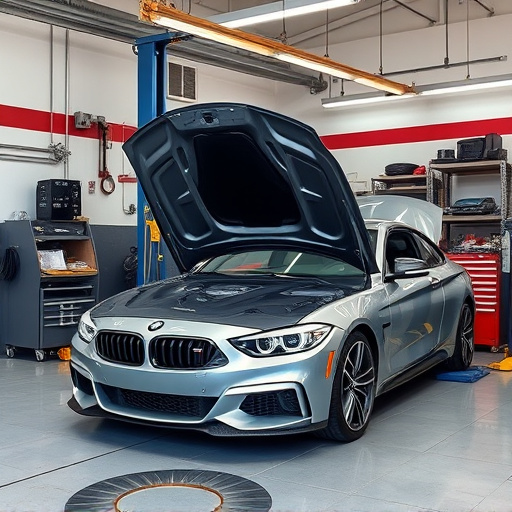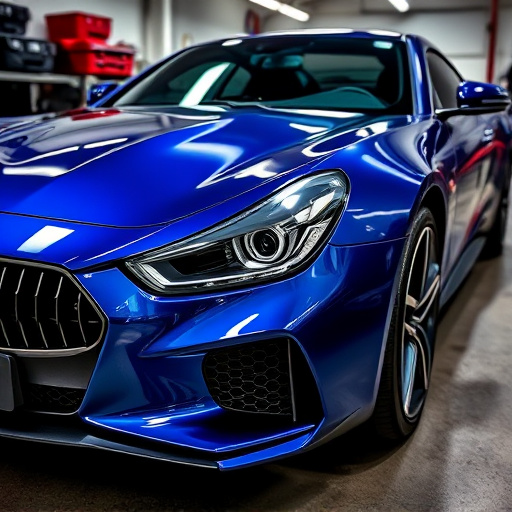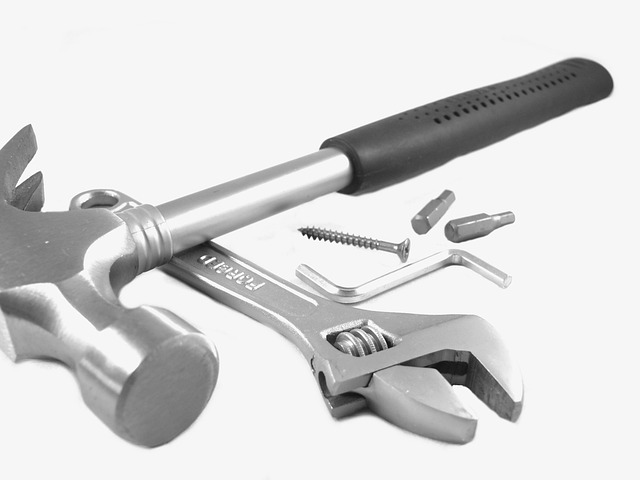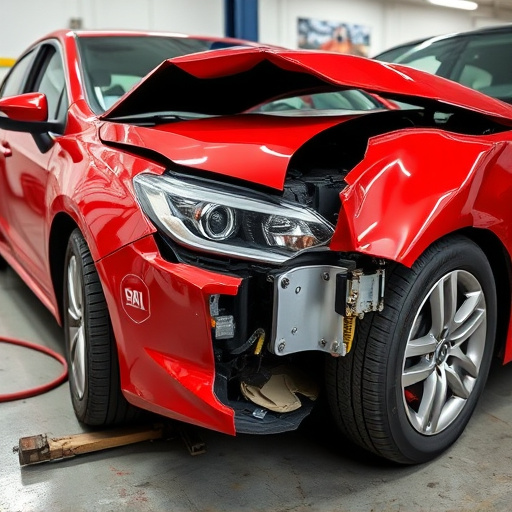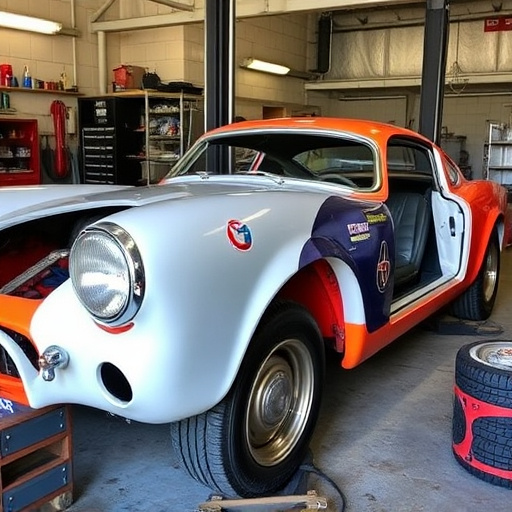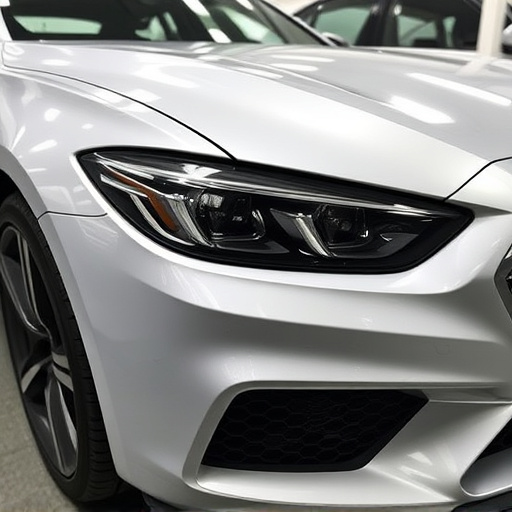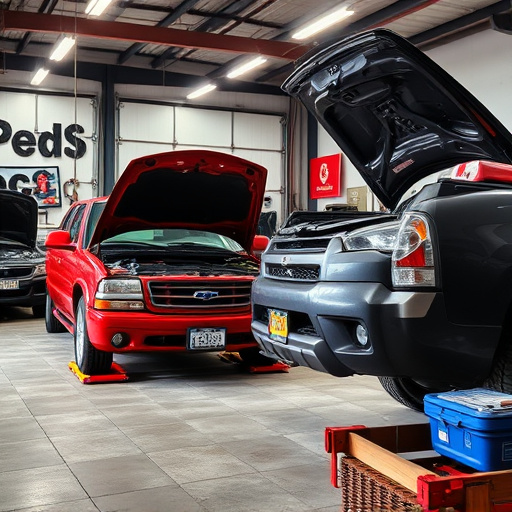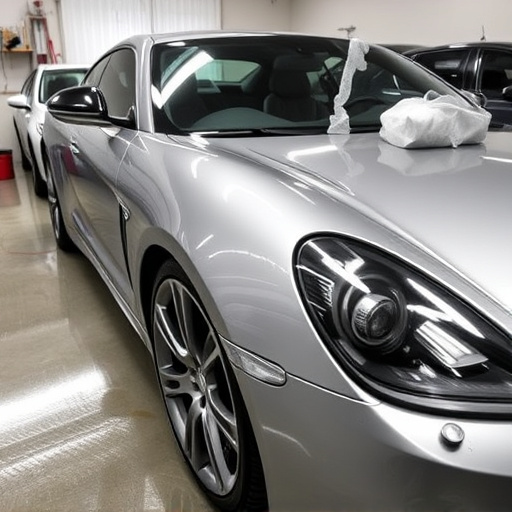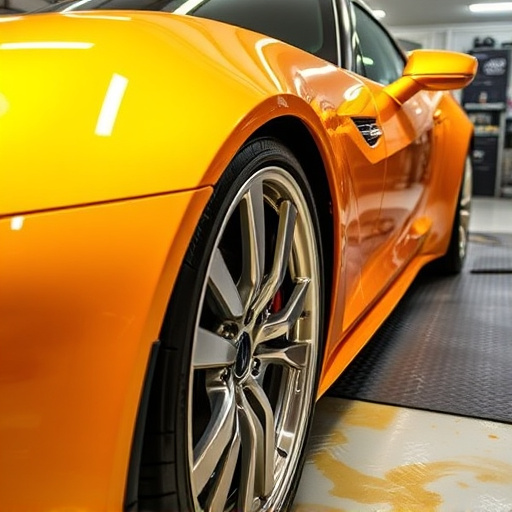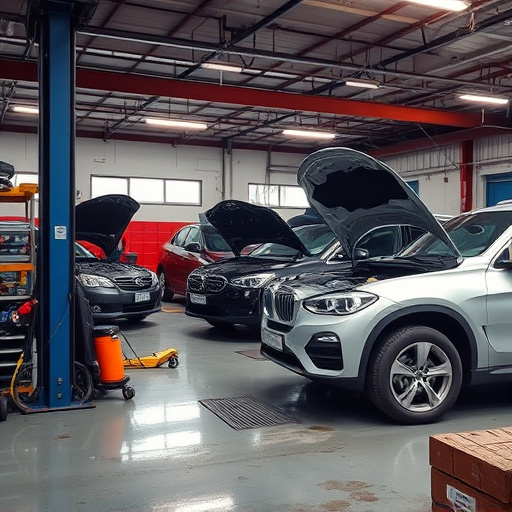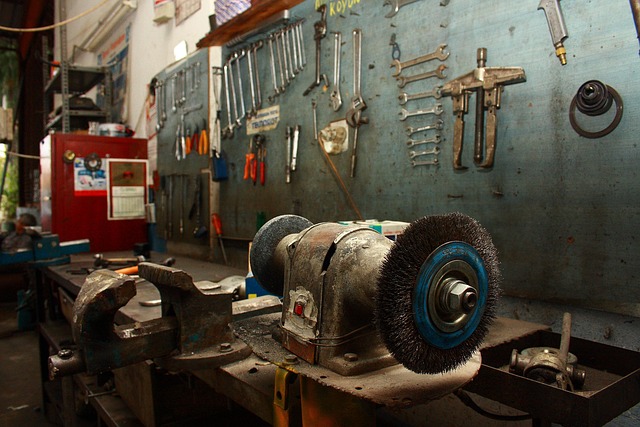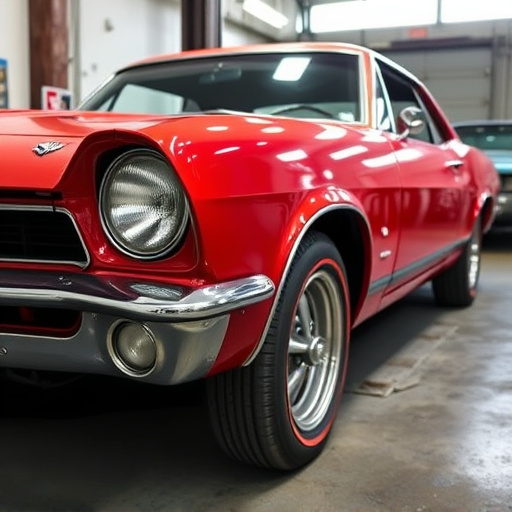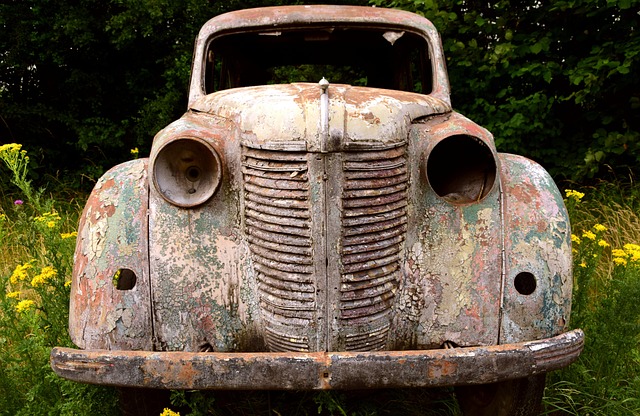Corrosion, accelerated by weather, salt, and acids, damages vehicles' structural integrity and aesthetics. High-quality anti-corrosion materials prevent this. Strategies include moisture control, ventilation, protective coatings, and underbody shields. Advanced coatings offer superior durability and protection against rust in Mercedes Benz repairs. Specialized formulations and stainless steel extend vehicle lifespan even in challenging environments.
In the relentless pursuit of vehicle durability, understanding and mitigating corrosion stands as a cornerstone. Corrosion, an insidious process eating away at metal frameworks and underbody components, can lead to costly repairs and reduced vehicle lifespan. This article delves into the heart of this challenge, exploring advanced coating technologies that offer robust anti-corrosion protection. We dissect popular materials and their applications, shedding light on innovative solutions enhancing vehicle longevity.
- Understanding Corrosion and Its Impact on Vehicles
- Advanced Coating Technologies for Longevity
- Popular Anti-Corrosion Materials and Their Applications
Understanding Corrosion and Its Impact on Vehicles
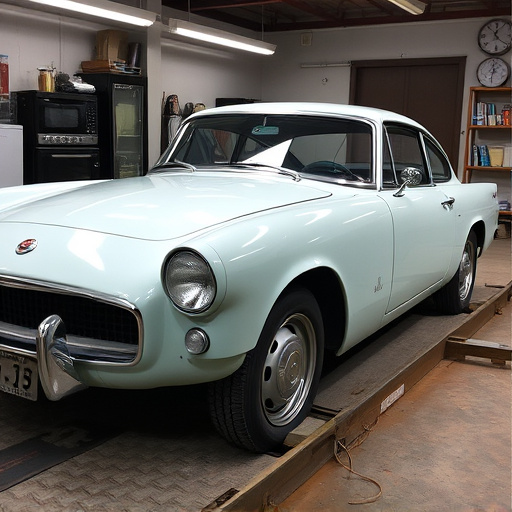
Corrosion is a natural process that occurs when certain metals react with substances like moisture and oxygen, leading to their deterioration over time. In the context of vehicles, corrosion can significantly impact both the structural integrity and aesthetic appeal of the car’s frame and underbody. Unaddressed corrosion may cause components to weaken, become brittle, or even fail completely, posing safety hazards. Regular exposure to harsh weather conditions, salt on roads, and acidic substances (like bird droppings) can accelerate corrosion in vehicles.
Understanding these threats is crucial when selecting anti-corrosion materials for car bodywork. Effective protection involves a comprehensive approach that starts with preventing moisture ingress and ensuring proper ventilation. During vehicle body repair or after incidents like fender benders, applying high-quality anti-corrosion coatings and underbody shields can significantly prolong the lifespan of the metal components. These measures are essential to maintain the overall health and value of a vehicle, even in challenging environmental conditions.
Advanced Coating Technologies for Longevity
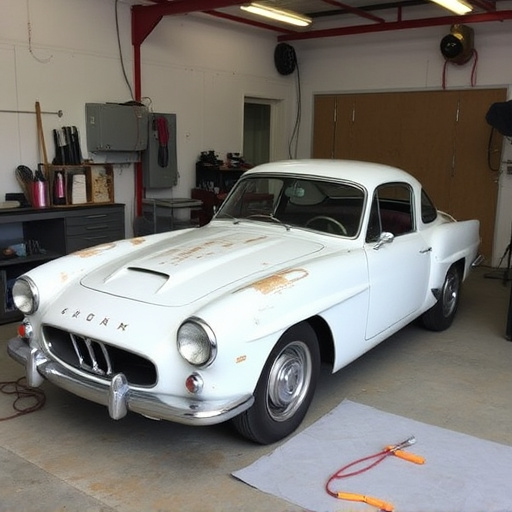
In the pursuit of longevity and durability for vehicles, advanced coating technologies have emerged as a powerful solution in the realm of anti-corrosion materials. These innovative coatings act as a protective shield, safeguarding the intricate framework and underbody components from the relentless assault of rust and corrosion. By employing cutting-edge formulations, auto body shops and collision repair services can offer Mercedes Benz repairs that surpass conventional methods.
The mercedes benz repair process often involves the application of specialized coatings designed to withstand extreme conditions. These coatings not only enhance the aesthetics but also play a crucial role in preserving the structural integrity of vehicles. With their advanced properties, they provide an extra layer of defense against environmental factors, ensuring that the underbody remains pristine even after years of usage. This is particularly beneficial for those seeking top-notch auto body shop services to maintain their vehicles’ value and performance.
Popular Anti-Corrosion Materials and Their Applications
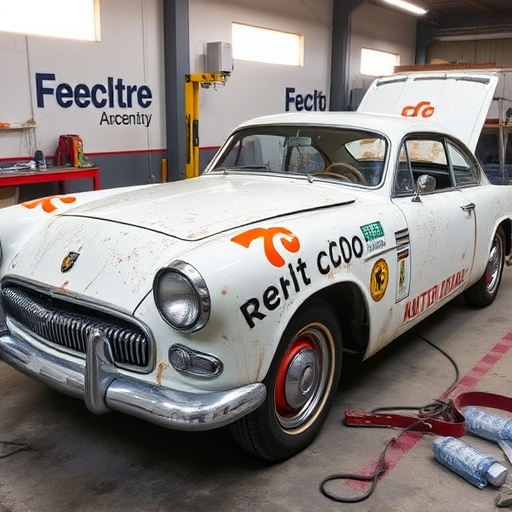
In the quest for durable and long-lasting vehicles, anti-corrosion materials have become an indispensable component in automotive manufacturing and maintenance. These specialized substances are designed to protect metal surfaces from the relentless onslaught of rust and corrosion, a process often accelerated by exposure to moisture, salt, and other environmental factors. One of the most widely used anti-corrosion materials is zinc-rich paint, renowned for its exceptional protective properties. Applied as a coating, it creates a barrier that slows down or prevents metal degradation, making it a popular choice for automotive body panels, frames, and underbody components.
Beyond paint, other popular anti-corrosion materials include epoxy coatings, which offer superior resistance to chemicals and extreme temperatures, making them ideal for automotive repair services in areas prone to harsh weather conditions. For instances of minor dents or fender benders, these protective layers are crucial in preserving the vehicle’s structural integrity and aesthetics. Additionally, stainless steel is favored for its inherent corrosion resistance, often used in specific underbody parts where protection from road salt and debris is paramount. These materials collectively contribute to enhanced vehicle longevity, ensuring that cars remain in top condition even after prolonged use or exposure to challenging environments.
Anti-corrosion materials play a pivotal role in extending the lifespan of vehicles, protecting them from the detrimental effects of rust and corrosion. By understanding the impact of corrosion and adopting advanced coating technologies, automotive manufacturers can ensure superior frame and underbody protection. These innovative materials offer long-lasting solutions, enhancing vehicle durability and maintaining their aesthetic appeal over time. With a wide range of anti-corrosion options available, from coatings to specialized treatments, the future of corrosion-free transportation looks brighter than ever.

